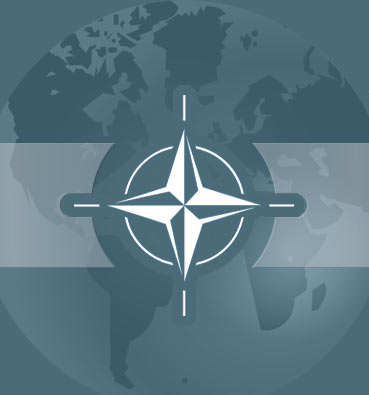 Nato leaders are in Lisbon and Daniel Korski has argued that the most
successful military alliance in history isn’t done yet. Writing in the Independent,
Patrick Cockburn gives an alternative. He
contends that Nato will never recover from the Afghan mission, and he has three substantive points:
Nato leaders are in Lisbon and Daniel Korski has argued that the most
successful military alliance in history isn’t done yet. Writing in the Independent,
Patrick Cockburn gives an alternative. He
contends that Nato will never recover from the Afghan mission, and he has three substantive points:
1). Nato’s solutions are the problem. ‘It is not just that the war is going badly, but that Nato’s need to show progress has produced a number of counter-productive quick fixes likely to deepen the violence. These dangerous initiatives include setting up local militias to fight the Taliban where government forces are weak. These are often guns-for-hire provided by local warlords who prey on ordinary Afghans.’
2). The handover, which is supposed to begin next year, is doomed. ‘The Taliban currently controls or has influence in half of Afghanistan. While US reinforcements have been pouring into Helmand and Kandahar provinces, the Taliban have been expanding their enclaves in the north. The whole idea of handing over security to the Afghan government is based on a rapid expansion of the Afghan army to 171,000 men and the police to 134,000. Not only are these new recruits likely to be poorly trained, but they will be drawn from the largely anti-Taliban Tajik, Uzbek and Hazara communities. The Pashtun, 42 per cent of Afghans and the community from which the Taliban is largely drawn, will feel ever more victimised.’
3). Too much equivalence has been drawn between Iraq and Afghanistan.‘The differences between the insurgencies in Iraq and Afghanistan underline that the latter is more dangerous for foreign occupiers. In Iraq the anti-US guerrillas sprang from Sunni Arabs, a community to which less than one in five Iraqis belonged. The post-Saddam government in Baghdad was supported by the Kurds and the Shia, making up four-fifths of the population. Afghans are more xenophobic than Iraqis. “Suspicion of foreigners is part of every Afghan’s DNA,” said a Western diplomat in Kabul.’
The strategic mistakes are immaterial: alliances always make them and do not necessarily collapse. The league against Napoleon is a prime example of unity withstanding individual incompetence, and eventually they triumphed.
Nato countries and their populations all recognise the threat posed by Islamic extremism, but they have differed in their commitment and objectives throughout the Afghan deployment. European countries (admittedly limited by their generally more pacific electorates, scarce resources and sizeable Muslim communities) have resisted manpower heavy operations and often conflict itself. It’s arguable that they haven’t pulled their weight. Matt Cavanagh, Gordon Brown’s former defence adviser, makes this point in a must read article in this month’s Prospect magazine: ‘Obama was debating sending an extra 40,000 troops…Gordon Brown and his generals were arguing over a thousand.’ It remains to be seen whether America, which is already sailing for the new world, will want to work with Europe so closely again; the guarantors of future global security lie elsewhere.






Comments